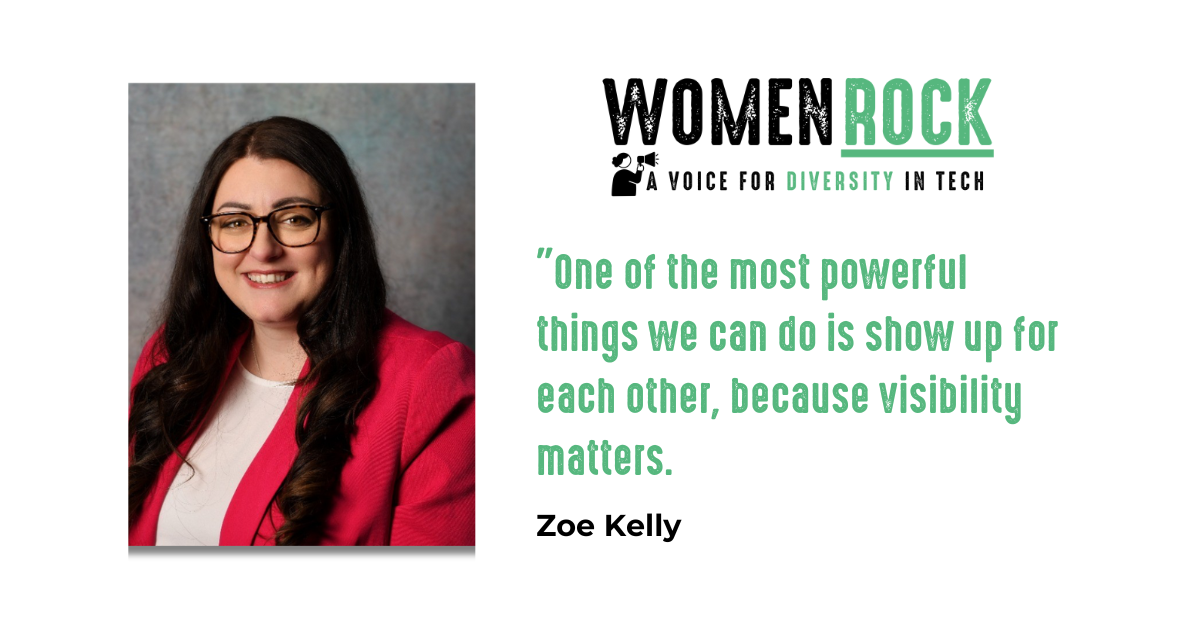
From systems analyst to Head of Data & Insights, discover how this inspiring leader champions Women in Tech: Beyond the Code, psychological safety, and empowerment.
“Being one of the only women in the room (and also one of the youngest) came with an invisible pressure to constantly prove I deserved to be there.”
In the fast-paced world of data and technology, leadership is often defined by more than just technical skills. This resilience, empathy, and courage help leaders challenge the status quo. In this exclusive interview, we sit down with a true trailblazer, Zoe Kelly, a leader who has navigated her way from a Systems Analyst to her current role as Head of Data and Insights – Growth UK&E at Serco.
A proud University of Hertfordshire alumna, Zoe shares her powerful story of finding her voice, overcoming invisible pressures, and championing a new kind of leadership. This leadership puts psychological safety and mental health at the forefront. She also discusses her impactful work as a mentor with programs like She Does Data, highlighting how women can empower each other to thrive in the industry. Join us as we go Beyond the Code to explore the triumphs, challenges, and vital lessons she learned on her inspiring journey.
Hi Zoe, thank you for taking the time to speak to us. Can you walk us through your career journey and what first drew you to the world of data?
I studied Information Technology at the University of Hertfordshire. There, I developed a strong interest in systems and data. My first role was a Systems Analyst at a patent and trademark firm, where I got hands-on with SQL, SSRS, and VBA. I automated reports, improved workflows, and slowly realised I loved working with data. It wasn’t just the tech side, but how data could support better decisions and improve how people work.
In 2016, I joined Reward as a Database Analyst. Since then, I’ve grown alongside the business, taking on more responsibility as our data needs became more complex. Over the years, I’ve helped lead some key transformations, such as migrating our reporting platform from Tableau to Power BI and moving toward a cloud-based data infrastructure on AWS. As Head of Data Engineering, I led a team of talented engineers and analysts. I’m deeply passionate about building a culture where people feel supported, empowered, and safe to grow.
I recently started a new role as Head of Data and Insight – Growth UK&E at Serco. I am very excited to take a more commercial lens to data and data products.
As a woman in tech, what have been some of your biggest triumphs and frustrations?
Finding and owning my voice has been one of the biggest challenges I’ve faced in the tech industry. I often held back in meetings. I worried I’d say the wrong thing, be overlooked, or even be incorrect in my assessment of the discussion. Being one of the only women in the room (and also one of the youngest) came with an invisible pressure to constantly prove I deserved to be there. Over time, I’ve learned to push through that doubt. I learned to trust my gut and speak up with confidence. This year, I’ve started doing things to step outside my comfort zone, such as podcasts and panel speaking. That has reinforced my realisation of the positive impact I can have.
Systemic issues still make the path harder for women. The gender pay gap is real; women get paid less than their male counterparts despite doing the same role, sometimes with more responsibility. The pension pay gap is also a considerable issue that I don’t think gets enough airtime. Women often take career breaks, particularly to have children or look after family members. This results in fewer pension payments.
The industry moves so quickly that it can feel impossible to keep up. Taking a break for family, mental health, or just to breathe can feel risky and bring panic and anxiety about what will happen while you’re out. Stepping away, even briefly, can mean missing out on new tools, trends, or opportunities. You might feel like you’re playing catch-up when you return while everyone else has moved on. It’s a recipe for imposter syndrome!
Mental health is a crucial topic in the workplace. What do you believe is the leader’s role in creating a supportive environment for their teams?
Mental health in the workplace is something I care deeply about because I’ve been there. I’ve experienced anxiety for a long time. I’ve had to work hard to understand my triggers. I realised it flares when I’m stressed or exhausted, so I consciously take time to rest and recuperate. It’s difficult to lead, deliver, and support others when you’re struggling inside. Historically, there has been a stigma around being vulnerable; people feared it could make you look weak or less capable.
Talking openly about mental health, especially as a leader, creates space and psychological safety for others. Workplaces need to do more to support people. It starts with a culture where it’s safe to speak up without fear of judgment. That means leaders are human, show empathy, and model healthy boundaries. It also means making support visible. This can include access to mental health services, flexible working policies, or just regular check-ins that go beyond tasks and deadlines. Every workplace should also have a mental first aid officer available for conversation and support.
Mental health is no longer a “nice to have” conversation. People can be high-performing and still need support. They can be ambitious and still feel anxious. Creating psychologically safe environments where people can bring their full selves to work is not just good for well-being; ultimately, it’s good for the business.
In your view, how can women help other women get into and succeed in tech?
One of the most powerful things we can do is show up for each other, because visibility matters. This can be as simple as commenting, liking, or sharing someone’s LinkedIn post. Empowering women to get into tech isn’t just about teaching coding or data skills (although they are important). The industry now has a massive focus on data products and commercialising data frameworks. This is a completely different skill set from hard programming. Showcasing the different pathways into technology and the varied skills required for each role would go a long way to encouraging more women into tech.
We need to challenge the narrative of what a “tech person” looks like. It’s no secret that the industry is massively gender disparate. Globally, women hold only 25-30% of all tech roles, and that drops at the leadership level. But there is a lot to be said for having a woman with life experience on the board.
It’s about creating safe spaces where women can ask questions, make mistakes, and grow without fear of judgment. It’s about mentorship, encouragement, and honest conversations about the challenges we face. I’ve had the privilege of mentoring through She Does Data. It’s one of the most rewarding things I do. Seeing someone gain confidence, land a new role, or simply feel less alone in their journey is powerful. This is important not just to empower women to get into tech, but to retain them throughout their careers too.
I have also recently been elected to the DAMA UK committee, which runs a fantastic mentoring scheme. I would encourage women to sign up to a mentoring scheme and a professional body, as there is a lot to be gained from having support.
I’m pleased to say I’m definitely not the only woman on the committee!
Practically, we can help by speaking at schools, opening up internships or shadowing opportunities, or just having honest coffee chats with women who are curious but unsure.
Zoe’s Quick Takes
- Favourite Quote: “There is no limit to what we, as women, can accomplish.” – Michelle Obama
- Book Recommendation for the Women Rock Bookshelf? When She’s In the Room by Edwina Dunn, and Invisible Women by Caroline Criado Perez. Both fantastic books by brilliant women are challenging gender bias.
- Favourite Song: Favourite song is so hard as I have a favourite per genre! But sticking with the classic ‘Rock’ theme, I’d probably say Hotel California by The Eagles, as I just love the guitar. I like a lot of 70’s/80’s music, I was born in the wrong era!
Interviewed by Anna Waterman






